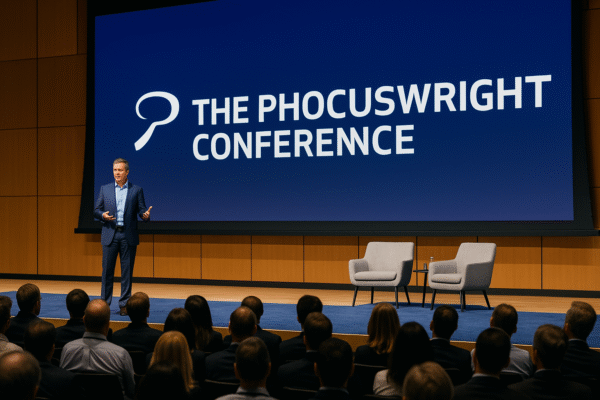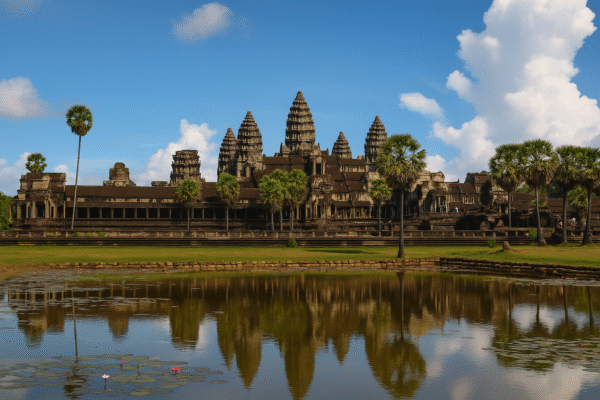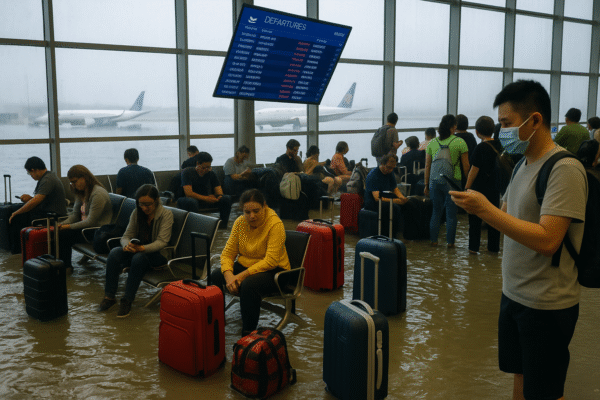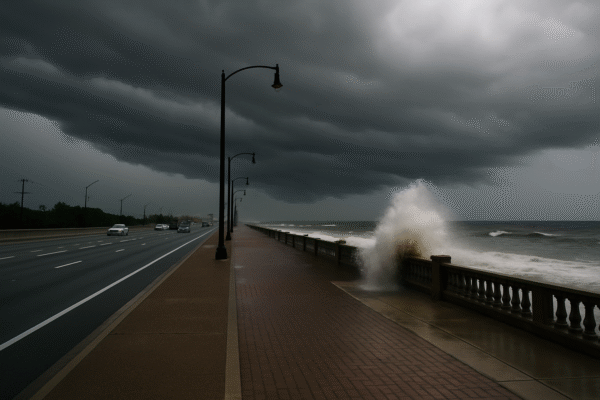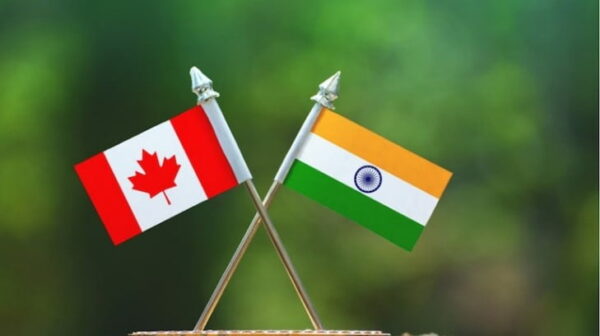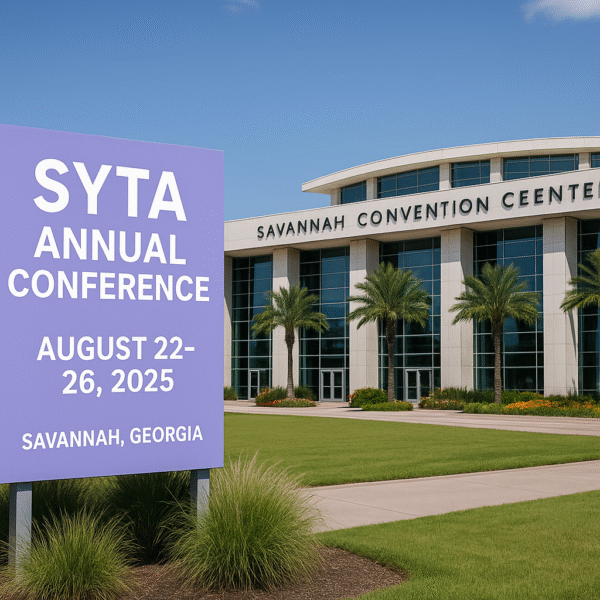In a landmark development signaling a thaw in strained diplomatic relations, Canada and India have agreed to reinstate their high commissioners, marking a significant step toward the normalization of bilateral engagement. The breakthrough was announced following a high-level meeting between Canadian Prime Minister Mark Carney and Indian Prime Minister Narendra Modi during the G7 summit held in Alberta, Canada.
The move to restore diplomatic presence comes after a nearly year-long stalemate that saw both nations expelling their respective high commissioners amid allegations of state-sponsored violence and interference. The renewed commitment to cooperation now opens doors for resuming regular consular services, including visa processing—a key facilitator for tourism, academic exchanges, and cross-border business activity.
A Turning Point After a Diplomatic Freeze
The freeze in Canada-India relations began in the fall of 2023 when former Prime Minister Justin Trudeau publicly accused Indian agents of involvement in the murder of Canadian citizen Hardeep Singh Nijjar, a prominent Sikh separatist leader, in Surrey, British Columbia. The allegations, supported by Canada’s national security apparatus, led to a sharp escalation in tensions, including reciprocal expulsions of senior diplomats.
The standoff deeply impacted the Indian diaspora in Canada and disrupted services such as visa issuance, student travel, and bilateral trade arrangements. Tourism and educational exchanges suffered significantly, with Indian student admissions to Canadian institutions witnessing a marked decline in 2024.
Rebuilding Trust Through Dialogue and Cooperation
Speaking at a press briefing after the G7 summit, Prime Minister Carney emphasized the importance of moving forward through institutional collaboration. “We have had a constructive discussion on the importance of law enforcement cooperation and judicial independence,” Carney said. “It is essential that these matters be dealt with through due process, while we continue to engage constructively on broader issues.”
While Carney refrained from directly addressing the Nijjar case, citing ongoing legal proceedings, he reaffirmed Canada’s commitment to tackling transnational repression and preserving the rights and freedoms of its citizens.
Prime Minister Modi, for his part, welcomed the re-establishment of diplomatic channels and expressed interest in strengthening economic and people-to-people ties. India’s Ministry of External Affairs later released a statement describing the dialogue as “forward-looking and grounded in mutual respect.”
Restoring Visa Services: A Boon for Tourism and Trade
The reinstatement of high commissioners sets the stage for resuming visa and consular services that had been severely curtailed. Before the diplomatic rift, over 700,000 Indian nationals visited Canada annually, and India was one of the top source markets for international students and tourists. Likewise, Canada attracted significant Indian investment in sectors such as education, IT, and renewable energy.
According to data from Statistics Canada, Indian visitors contributed approximately CAD 1.2 billion to Canada’s economy in 2022. The reactivation of visa services is expected to rejuvenate this stream, while also allowing Canadians to travel to India for business, leisure, and family visits without bureaucratic delays.
Airlines, tour operators, and academic institutions are already responding positively to the news. “This is a promising development for the travel and tourism sector,” said Linda Tait, spokesperson for the Canadian Travel and Tourism Roundtable. “Resuming visa operations will allow thousands of families, students, and professionals to reconnect.”
Economic and Strategic Implications
In addition to tourism, both leaders discussed broader commercial priorities, including energy cooperation, critical mineral supply chains, and clean technology collaboration. Canada has long sought to deepen its energy trade with India, particularly in the liquefied natural gas (LNG) and uranium sectors.
As global supply chains continue to be reshaped by geopolitical shifts, both Canada and India recognize the importance of forging resilient and diversified trade networks. “There is significant scope for bilateral trade to expand beyond the current CAD 12 billion level,” said Dr. Meera Banerjee, a Toronto-based geopolitical analyst. “A stable diplomatic relationship is the foundation for scaling up economic engagement.”
Indian Diaspora in Canada: Caught Between Nations
With over 1.4 million Canadians of Indian origin, the Indian diaspora plays a central role in linking the two nations. The suspension of consular services and diplomatic hostilities had led to uncertainty, particularly among those with dual citizenship, business ties, or family back in India.
The announcement has been welcomed by community leaders across Canada. “The restoration of high commissioners is more than symbolic—it’s a vital step in ensuring our community’s voice is heard and our rights are protected,” said Gurpreet Singh, director of the British Columbia Sikh Association.
Looking Ahead
While challenges remain—particularly regarding judicial proceedings related to the Nijjar case—analysts view the diplomatic reset as an essential move to rebuild trust and collaboration. The long-term implications could be profound, extending to defense dialogues, climate initiatives, and regional security coordination.
In an increasingly fragmented world order, the Canada-India relationship stands as a crucial link between the Global North and the Indo-Pacific. As both countries pivot toward restoring normalcy, stakeholders in tourism, education, and business are hopeful for a more stable and mutually beneficial partnership.
Read more travel news, follow Global Travel Wire.
Original news from CBC, Canada

